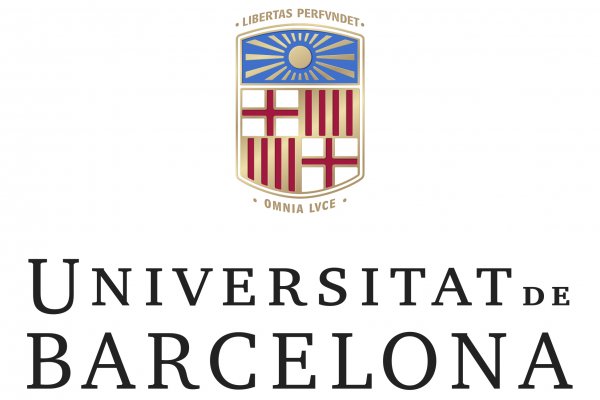On the occasion of the International Day of Women and Girls in Science, three female experts explain their research studies and the importance of the European dimension in the work they do daily. They are leaders in their respective fields of research: Carla Marín, in particle physics; Ana Moragues, in the analysis of food as a major social fact, and Marta Sánchez, in the study of prehistoric mobility in the Pyrenees through the analysis of flint.
Thirty-three percent of the European projects awarded to UB research staff in the period 2008-2024 have a woman as principal investigator.
In Carla Marín’s case, she has obtained a starting grant from the European Research Council (ERC). This has allowed her to lead an interdisciplinary team, which includes, for example, specialists in artificial intelligence, and to spend time each year at the facilities of the European Organization for Nuclear Research (CERN). She participates in the LHCb experiment, which is carried out at the Large Particle Collider (LHC). She explains the aim of her work: “The standard model of particle physics tells us that there is almost a symmetry between matter and antimatter, that the differences between the two are minimal. But on the scale of the universe, matter totally dominates antimatter: there is no symmetry. We study specific particles containing the b quark that has not yet been measured precisely (e.g. the lambda baryon Λb and the lambda anti-baryon Λb) to see if the symmetry predicted by the standard model of physics is broken at some point. Solving this question will help us understand why the universe we live in is the way it is”.
Marta Sánchez has another ERC starting grant. In this case, the European grant is helping her to carry out a project on the mobility of hunter-gatherer groups that inhabited the Pyrenees between 40,000 and 10,000 years ago. She is the head researcher of an interdisciplinary team working on the analysis of archaeological remains in flint, a very abundant material in prehistoric sites, which they analyse from a new methodological perspective. Sánchez’s research shows that the Pyrenees were a meeting place for prehistoric human communities. “We are studying a broad period of time, over 30,000 years, in which there are important climatic oscillations, and we are trying to determine to what extent climatic changes played an important role in the mobility strategies of these populations”, she adds.
Ana Moragues is involved in two ambitious European projects: one on how science can help transform the food system and the other on how to build food infrastructures in cities that can create a more sustainable system. The researcher emphasizes that food “has shaped our history and will also shape our future”. She illustrates this with some figures: “The food system is responsible for more than a third of greenhouse gas emissions; moreover, it is estimated that around 3 billion people suffer from malnutrition and more than 820 million go hungry”. She explains that she works with social and public entities: “I spend a lot of time building relationships of trust and working with the entities that can bring us the change we so desperately need”.



